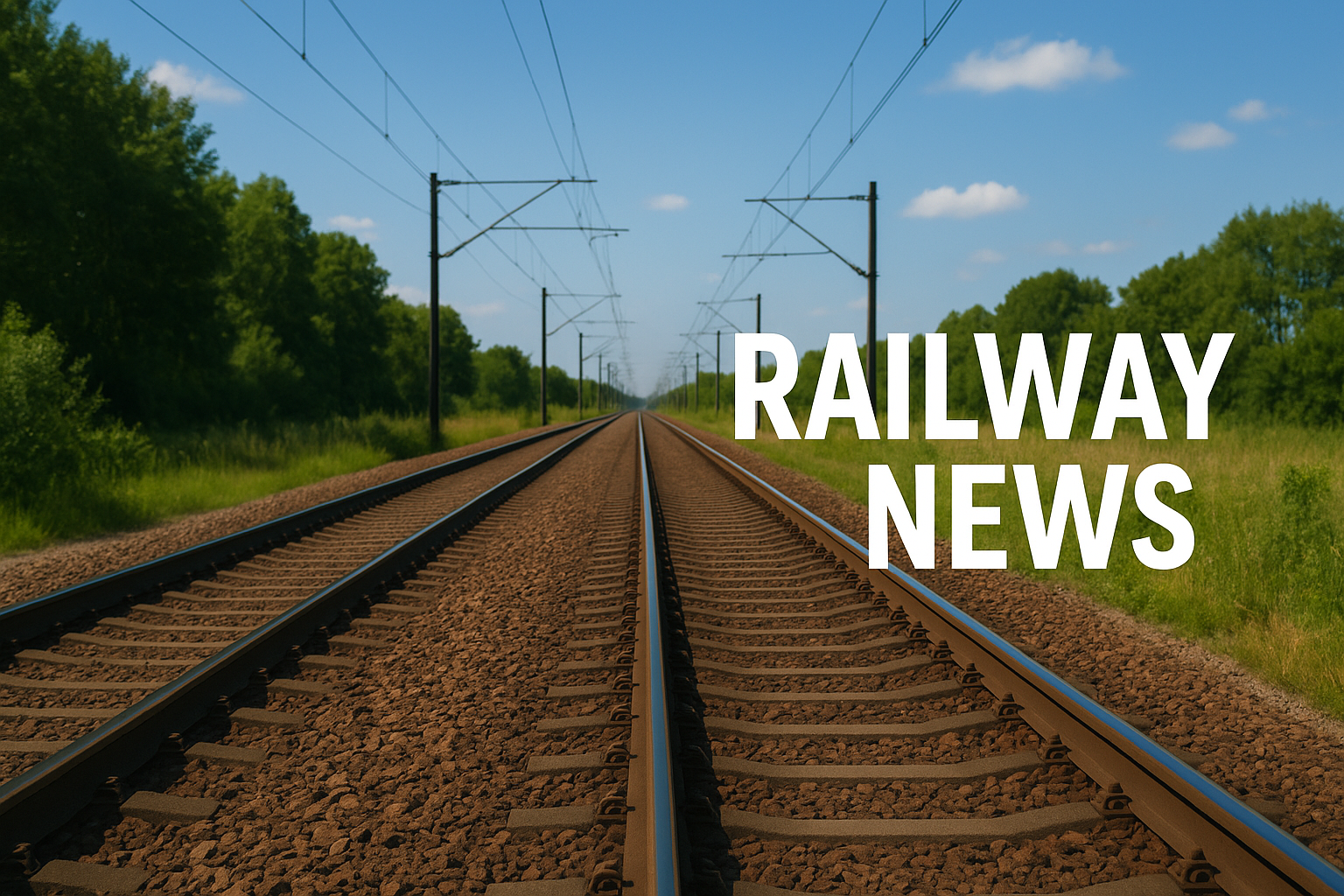China’s ‘Silk Road’ railway hits a snag in Afghanistan
A segment of China’s long-hoped-for “Silk Road” railway — and the copper that Beijing hopes it will carry — has run into a snag.

A segment of China’s long-hoped-for “Silk Road” railway — and the copper that Beijing hopes it will carry — has run into a snag.
The Sino-Afghan Special Railway Transportation connects China to Afghanistan, and is one part of China’s “One Belt, One Road” trade corridor that connects China to Afghanistan, Uzbekistan, Kazakhstan and Iran, among others.
However, a new cargo train that arrived last month at Afghanistan’s northern city of Hairatan from China’s Jiangsu province is now returning empty from Afghanistan to Uzbekistan on its way back to China.
Uzbek authorities have forbidden cargo to arrive into their country from Afghanistan via the railway, citing security concerns.
According to a report last weekend from Radio Free Afghanistan, Uzbekistan wants goods to leave the Afghan border city of Hairatan on ships instead of rail, and cross the Uzbek border via the Amu River, where it can be screened by Uzbek security forces. Only then would the cargo be reloaded onto the Sino-Afghan train.
That circuitous route creates delays for Afghan trade into China. Afghans want to transport saffron, dried fruit and other goods to China — which for its part wants copper to flow along the route.
The Metallurgical Corp. of China has a $3 billion contract to mine copper from Mes Aynak, the world’s second-largest copper deposit, which is southeast of Kabul, Afghanistan. China has had its eye on Afghanistan’s mineral wealth since the United States discovered nearly $1 trillion worth of untapped deposits there in 2010. Copper is a critical industrial metal.
During the inauguration of the Sino-Afghan railway in September, Chinese Ambassador to Afghanistan Yao Jing said, “Without Afghan connectivity, there is no way to connect China with the rest of the world.”
With Uzbekistan’s border restriction and the fluctuating Taliban presence in the region, China does not have a direct rail link into northern Afghanistan. The Taliban has been fighting the Afghanistan government and its Western allies since being knocked from power by the United States in 2001.
Javid Faisal, a spokesman for Afghanistan Chief Executive Abdullah Abdullah, confirmed that at least two trains had left Afghanistan bound of Uzbekistan empty, but told CNBC that: “Afghanistan and China are working together to overcome these issues and make sure the cargo [is] being transported smoothly. Our ministries of foreign affairs and trade are working on this and following on the concerns very closely.”http://www.cnbc.com/2016/10/13/chinas-silk-road-railway-disrupted-by-uzbekistan-security.html



